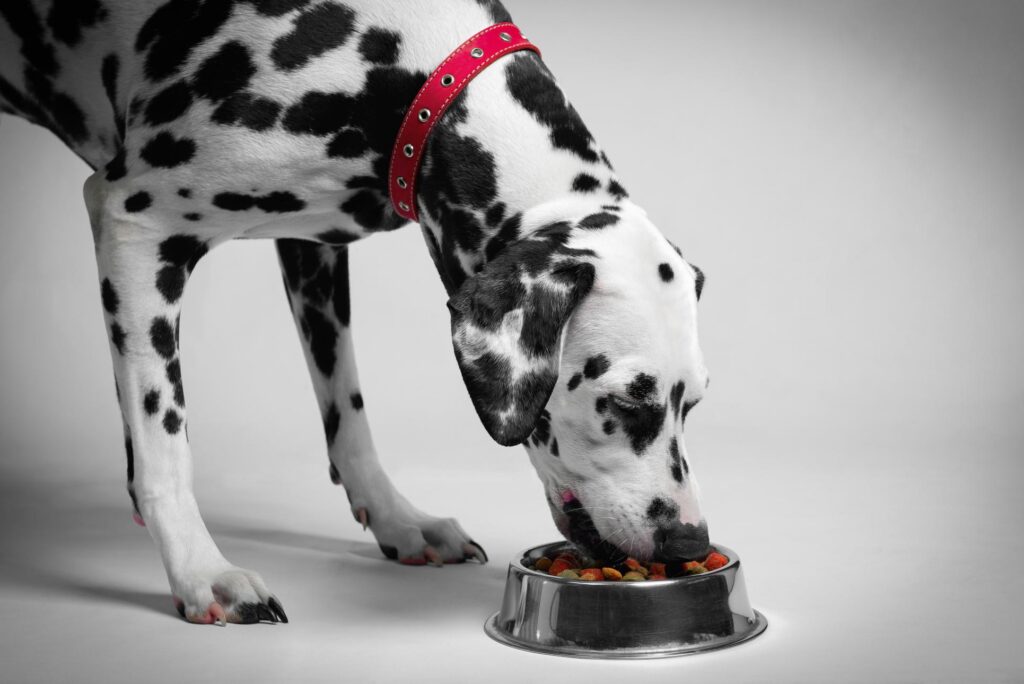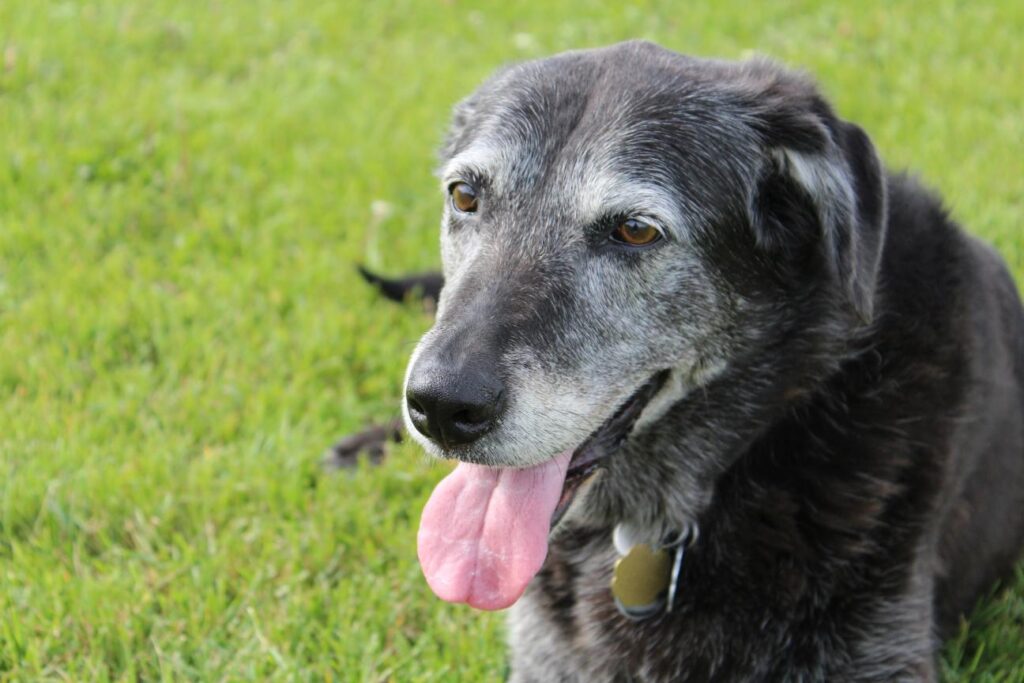The Ultimate Pet First Aid Kit for Travel & Outdoor Adventures
Understanding your pet’s unique needs has probably been a priority since day one together, but the process to fully realize what they need never truly ends. When it comes to their safety, it’s always a good idea to have supplies on hand to help through various situations. If you plan on traveling or recreating together, having a pet first-aid kit at the ready can make all the difference to their health and wellness.
Continue…Fishing & Boating with Your Dog: Safety Tips for Georgia Adventures
One of the best parts of living in Georgia is the vast opportunity for outdoor adventures. There is no reason to leave your dog out of the fun, either. Clairmont Animal Hospital is here to help you make sure that your dog water safety game is on point so that you and your pup can get out and enjoy.
Continue…Senior Pet Care in Decatur: Helping Your Pet Age Gracefully in the City
As our cherished furry family members grow older, their needs change. Senior pets need more attention and specialized medical care than their youthful counterparts. That’s why senior pet care is so important. With care tailored to aging pets, you can help make sure your pet ages happily into her golden years.
Today, the team at Clairmont Animal Hospital will share tips to help your pet age well here in Decatur, Georgia.
Continue…When Is It Time to Get a Second Pet? How to Tell If Your Pet Is Lonely
Many of us are drawn to pet ownership because of the impact pets have on our lives. Not only do they inspire a healthier, more active lifestyle, but they bring us countless hours of invaluable companionship. While they are always here when we need them, we may not always be there for them, or provide a specific type of connection. The signs of loneliness may be hard to pin down, but can definitely lead pet owners to question whether or not their best buddy needs an animal companion.
Continue…Understanding Your Pet’s Skin Microbiome: What It Means for Their Health
The pet skin microbiome may not be the first thing you think of when considering your pet’s health, but it plays a vital role in their overall well-being. At Clairmont Animal Hospital, we want to help you understand how maintaining a healthy skin microbiome can benefit your pet’s immune system, prevent skin issues, and promote a happier, itch-free life.
Continue…Understanding Hypothyroidism in Pets
This time of year, who doesn’t experience a little extra sluggishness? Sure, the weather and inadequate sunlight could explain why your pet doesn’t want to play, but it’s equally possible something else is going on. Characterized by a slackening metabolism, hypothyroidism could be to blame. We can help you understand what to look for and how to help your pet through this common condition.
Continue…Winter Weight Gain: How to Keep Your Pet Fit During the Holidays
As temperatures drop and winter sets in, it’s easy for both pets and their owners to become less active. Unfortunately for our pets, this can lead to weight gain that can, in turn, put your pet at risk of developing health issues.
Continue…Managing Chronic Conditions in Pets During Winter
Cold tolerance ranges from pet to pet, but animals with chronic conditions can be more sensitive to changes in temperature, humidity, and barometric pressure. While extreme shifts in weather signal risks to all pets, older pets, and those with serious health concerns require careful consideration. Our tips for winter pet safety can prevent pain and discomfort, reduce stress and anxiety, and promote overall wellness.
Continue…Pet-Friendly Halloween Activities Near Atlanta
Halloween is just around the corner, and if you’re looking for fun, pet-friendly activities in the Atlanta area, Clairmont Animal Hospital has you covered! From spooky parades to costume contests, there’s something for every furry friend to enjoy. Read on for ideas about where to take your dog for Halloween in Atlanta, Georgia, and make the most of this festive season.
Continue…How Pain and Discomfort Affect Senior Pet Behavior
Since pets grow up so rapidly and then plateau for several years, the longest life stage is actually the senior or geriatric lifestage. As most pets become seniors around the age of 6 or 7 years old, and potentially live near or well past 15, the senior life stage is of crucial importance. With strategies to maintain optimal health, senior pets can enjoy continued comfort, mobility, and flexibility. However, most senior pets do experience some level of pain and discomfort that can affect their behavior.
Thin Air: Protecting Brachycephalic Breeds From The Heat
Of the most popular dog breeds in the Atlanta area, French Bulldogs and Bulldogs round out the top five. Perhaps it is their unique charm and inexplicable cute factor that endear them to owners and dog lovers alike, but this can often come at a cost. Indeed, the anatomy of these special brachycephalic breeds can cause problematic breathing, a matter made worse by the scorching temperatures of high summer.
Clairmont Animal Hospital understands the importance of protecting brachycephalic breeds from the heat, and hope we can all increase the safety and comfort of these unique pets.
Continue…Signs Your Pet May Be Going Blind
Our eyes are important for functioning and navigating the world. While it is possible to live a full life without vision, it is certainly ideal to protect this important sense when possible. Pet vision is no different, and protecting their eyes is important. Learn about eye care for pets from your friends at Clairmont Animal Hospital and how to identify if your pet’s vision is impaired.
Continue…












